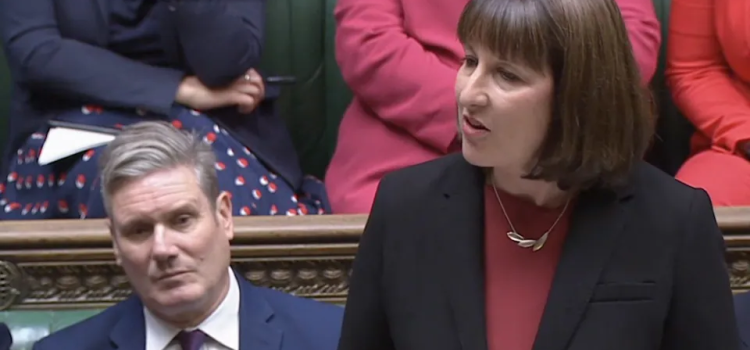Two comments on the Reeves announcement to cut albeit fake investment projects and the pensioner’s winter fuel allowance. On the fuel allowance payment, this is not means testing the entitlement, it will be linked to Pension Credit entitlement, the threshold for which which is slightly less than the state pension paid to someone with full contributions record. It also ignores the fact that additional income is taxed. This entitlement limit is £11,500, about half, under the national living wage, and the amount required to sponsor an immigrant is £29,000. I quote these figures to show how necessary and low the contribution-based pension is. This is mean and unnecessary.
On the macro-economics, the “golden rules” were designed to protect investment against short-term debt management fetishism. Until now no-one has ever argued that you shouldn’t borrow to invest, and while I usually argue that investment in human capital is a legitimate use of the state’s borrowing capability, which some consider to be a stretch, that can be no doubt the roads and railway lines warrant being borrowed for.
Jeremy Hunt and Owen Jones both accused Reeves of implementing cuts that she had always planned to do. If the labour front-bench did not know that the last Tory budget was fake, then they should have done. I’m also taken with the Twitter correspondents here and a thread here who point out that it is not just modern monetarists who state that the constraint on the capacity of the economy is its inputs and neither the money supply or the borrowing capacity. …







